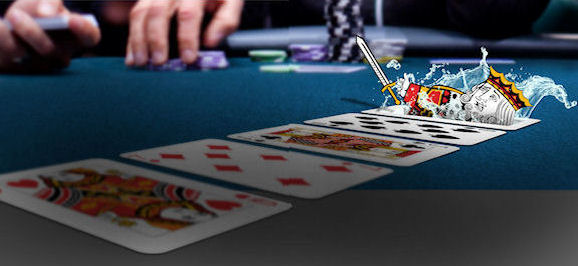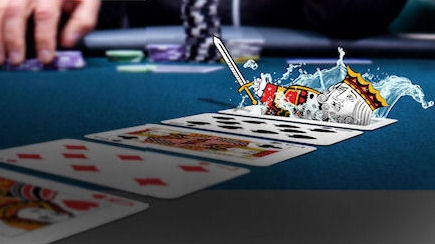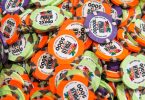This article first appeared in the Jul/Aug 2012 issue of World Gaming magazine.
Betting the river is something many poker players do badly. It is important to remember why you are betting and realize what you want that final bet to achieve.
Betting on the river is the last chance you have to bet in any texas hold’em hand. Bad or inexperienced players can find themselves tied up in knots, make the wrong bet and see their money washed away by the river.
When you get to this point in the hand, it is usually a heads-up battle, especially in the no limit format of the game. With no more cards to be dealt you can now take an educated guess as to what hand your opponent may hold and consider what they might to do if you check or bet.

If your opponent is well beaten or was on a drawing hand and missed then there is little chance they will be calling any bet. If they aren’t going to call a bet then there is a good argument there is no point in betting. A check may even induce a bluff from your opponent, making you extra money your opponent would not have put in the pot had you bet.
The only reason to put in a big bet at this stage would be to get your adversary to fold and deny your opponents information by not showing other players your hole cards. This is a justifiable reason, but it must be clear in your mind that this is your motive.
If you have a monster hand you might want to put in what is called a “value bet”. A value bet is one where you put in just the right amount of money to induce your opponent to make the call. Bad players feel that if the pot is large and the bet is small then they must call.
The other reason you may bet on the river is to put out what is called a “blocking bet”. A blocking bet is one that you make when you desperately want to get to the showdown, but you really don’t know where you are in the hand, so you would like to get to the showdown as cheaply as possible. If you put out a medium sized bet it can look like a value bet and your opponent may just flat call (rather than raise). Had you just checked, your opponent may have made a much larger bet, one you may have felt compelled to call.
The third type of bet you can make on the river is a total bluff. This means that you know you are behind and the only chance you have of winning the hand is to bet. The only question that needs to be asked here is “will your opponent call?”
The best players to bluff are mid range players. Really bad players call because they can’t help themselves and good players may detect a weakness and call you down.
The problem with betting on the river is that you can let good players take advantage of you. Unless you have a monster it is very hard to call a raise from a good player as you may well be behind. There is no shame in checking on the river and winning the pot or reducing the amount you lose in the pot. The thing that you must consider on the river is what you want to achieve by betting.







